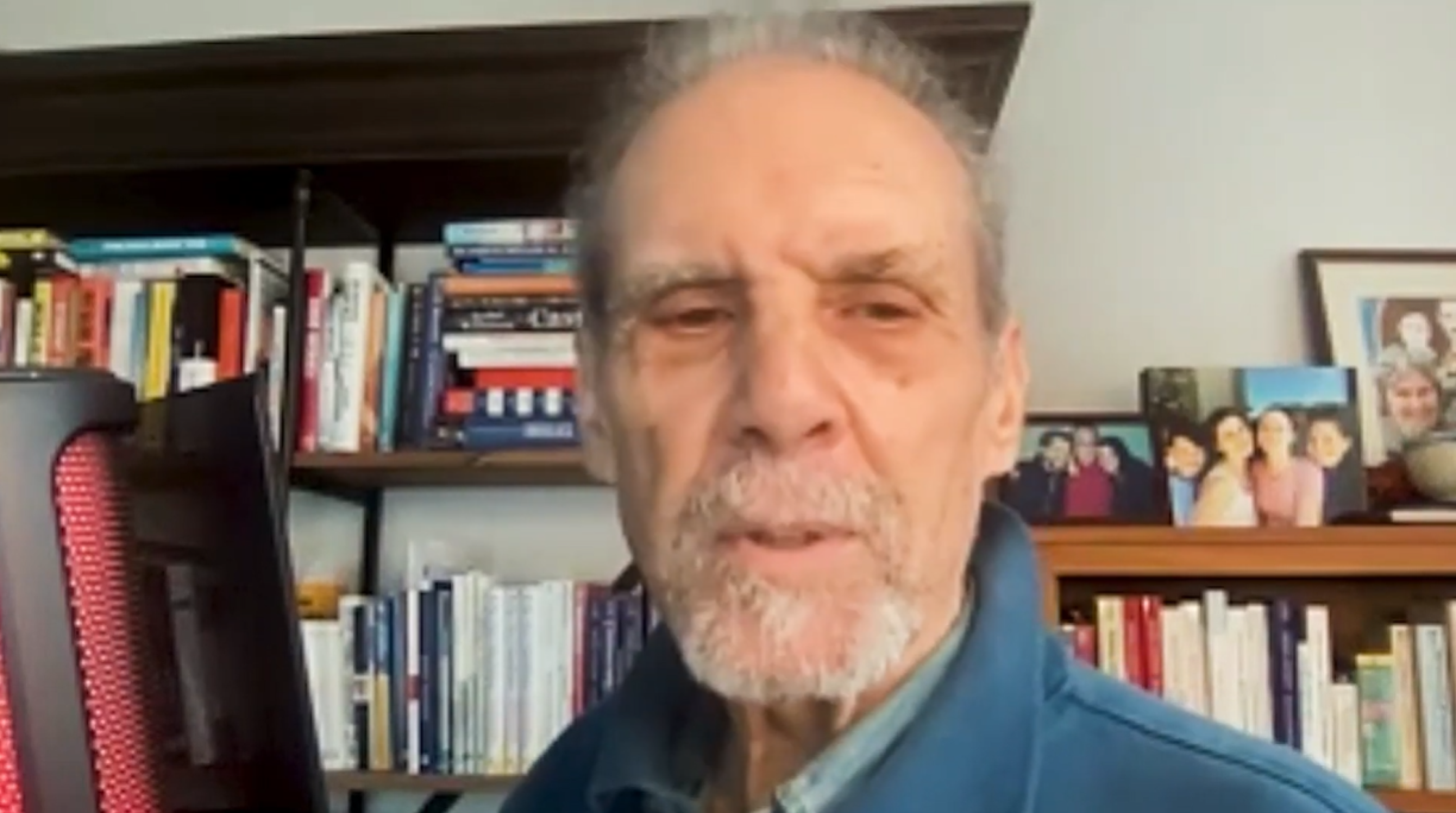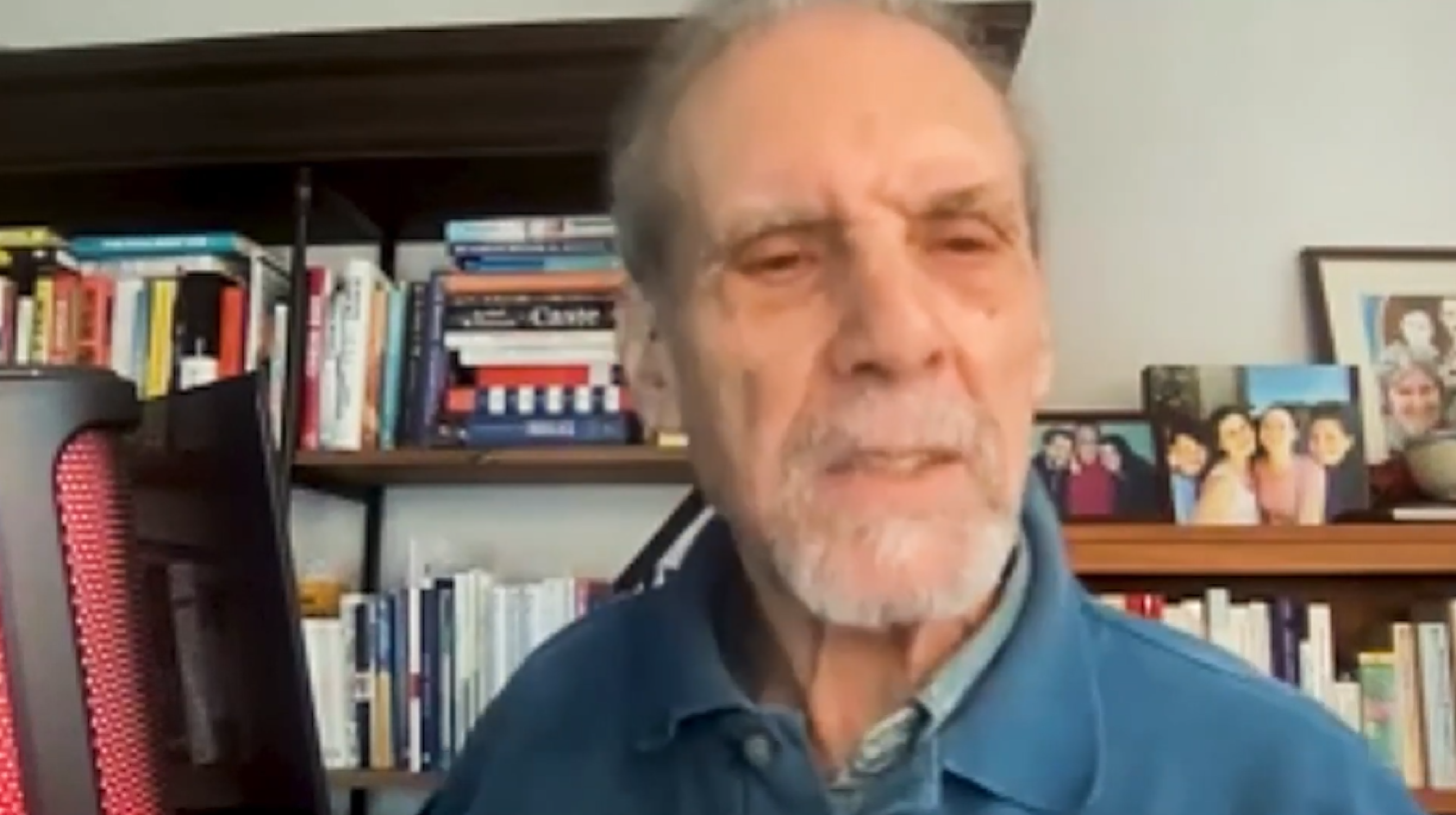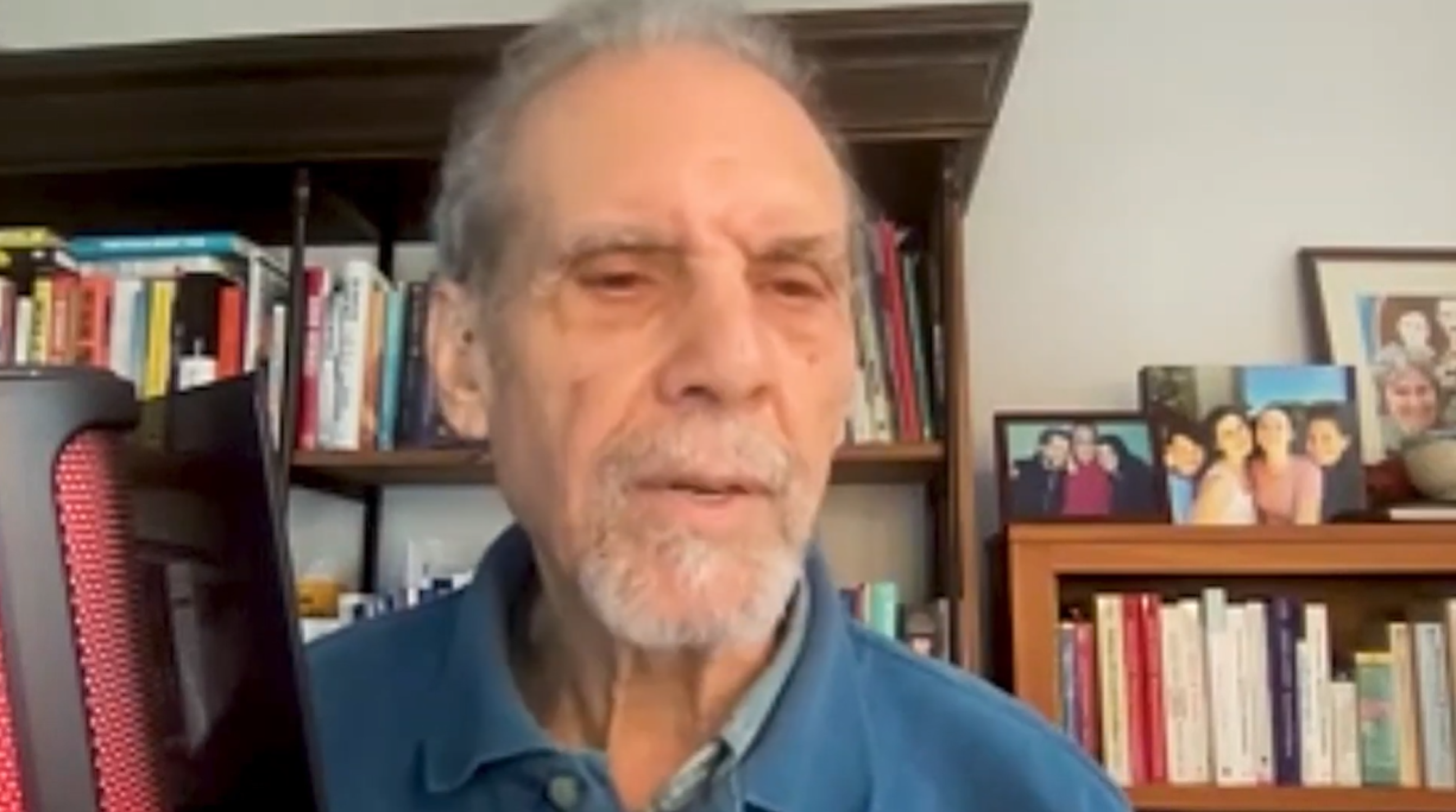Even as you start reading this article, you are probably doing something else at the same time. Maybe you’re drinking your coffee, glancing at your calendar on another screen or checking a message on your phone. The distractions that dominate our daily lives make it really hard to feel fully present, engaged, and productive. And the more we fall prey to those distractions, the less focused and more overwhelmed we are. So how can we break through the distractions and have more great days and fewer bad ones? The answer lies in achieving an “optimal” state.
I had the pleasure of hosting psychologist Daniel Goleman, author of 12 books including the bestselling "Emotional Intelligence," on my podcast The Art of Excellence. Our fascinating discussion explored his new book, Optimal: How to Sustain Personal and Organizational Excellence Every Day. During our chat, Goleman not only shared insights on operating optimally but also touched on the flow state—which is this magical, unpredictable time where we achieve peak performance. This is an important distinction to make because while flow is rare and fleeting, "optimal" is a much more attainable state that we can tap into daily with a bit of practice.
Play

Goleman discusses the difference between "flow" and "optimal" states.
In this article, we explore the pathway to achieve an optimal state, which includes developing three essential skills: focus, cognitive control, and purpose.
Focus: A Doorway to Optimal
One of the first doorways to optimal lies in the ability to focus. People who are feeling at their best share a common state of complete absorption in their activities. This absorption, or focus, becomes a pathway to the optimal state. As Goleman explains, “being able to let go of the distractions and fully focus on what you're doing is not only going to help you be in the optimal state; it's going to help you be at your most productive."
The ability to focus requires a high level of self-awareness and is directly linked to emotional intelligence (EI), which can be developed by any individual. The ability to be aware of one's thoughts and feelings enables individuals to distinguish between what is relevant and irrelevant, ultimately enhancing their ability to concentrate.
In addition to the usual set of inner distractions, we're more distracted, which puts a premium on the ability to be focused. That's one reason why we’ve seen the rise in popularity of mindfulness, because it is a direct rehearsal of paying attention. And we need it more than ever.
Cognitive Control: A Pillar of Self-Management
The second skill is cognitive control—the ability to manage impulses, which is deeply intertwined with our ability to focus and self-manage. As Goleman explains, “cognitive control is the circuitry in the brain that manages impulse.” In adults, while this part of the brain is fully developed, it can be further enhanced with practice. “By practicing mindfulness, conscious breathing, focusing, letting the mind wander off and bringing it back—and then, every time you bring it back, you're strengthening the muscles for cognitive control,” Goleman says. This is especially relevant when we think about productivity and the workplace, because the more people are able to focus, the more cognitive control they have.
Goleman also highlighted the symbiotic relationship between cognitive control and emotional balance—that is, the ability to recover from stress arousal—which aids individuals in managing disruptive emotions and returning to a state of calm and clarity.
The more we can focus, which entails cognitive control, the more balanced we are or can be.
Play

Goleman examines strategies for improving cognitive control.
Purpose: Motivation do Doing Things Better
Goleman also delves into the significance of having a sense of purpose to achieve an optimal state. He recalls a bus line he used to take in New York City whose bus driver, Govan Brown, seemed to turn his seemingly mundane job into a fulfilling experience by treating passengers as part of his flock. “He was fantastic. He would engage everyone on the bus, welcome them, and being genuinely interested about connecting with them, exchanging ideas,” Goleman recalls, mentioning that Brown got over 3,000 letters of recommendation for his great work, and not one complaint.
This inspiring story effectively highlights the transformative power of purpose, showcasing how it can ultimately yield superior outcomes and propel individuals towards optimal performance.
People who have a sense of purpose, even if it doesn't necessarily match their organization, but who feel inspired in what they do, do it better.
Play

Goleman shares an inspiring story about how a New York City bus driver found purpose in his job.
Toward an Optimal State: Integrating Goleman's Insights
In a society of distraction and immediacy, rapid technological advancements only amplify the human challenges we face. As a leadership advisor, I can attest that even the most senior leaders who may seem invincible feel these struggles from time to time. Understanding that it is possible to break free from daily distractions and the inability to feel present is truly refreshing, especially when viewed through the lens of emotional intelligence. The aspiration to weather the storms of modern life and achieve excellence daily is universal, and Goleman's insights offer a clear pathway to realize this vision.
***
In environments where individuals are able to focus, self-manage, have purpose, and be more emotional intelligent, leaders and employees are undoubtedly more engaged, imbued with purpose and meaning—a topic Goleman and I further explore in our podcast episode, if you’re interested in delving deeper. Fortunately, even if these skills aren't inherent, they can be nurtured and refined, paving the way for leaders and employees alike to thrive.
Our conversation struck a chord with me because I still recall vividly when Goleman’s book, “Emotional Intelligence,” came out in 1995. It had an impact on me, opening my eyes to a powerful concept that would change the way I thought about leadership. A lifetime of research has only solidified this concept a few decades later, paving the way for optimal. My hope is that individuals are inspired to tap into their full potential, experiencing optimal living in their own lives.
Topics Related to this Article












